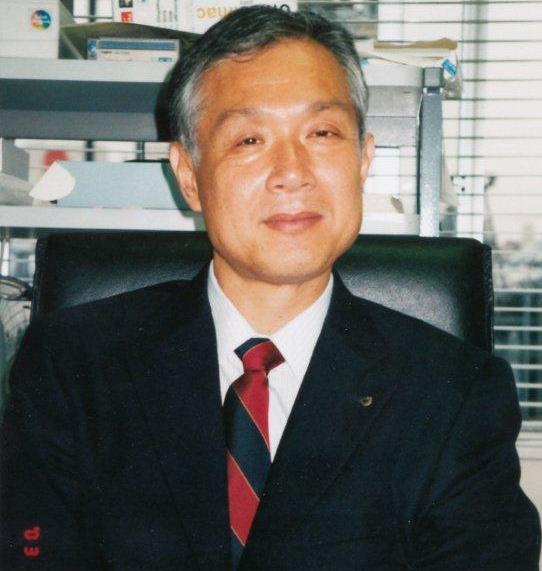A Pilot study on Educational Workshops for Caregivers of Patients with Brain Tumors Called AGAPE Showed its Feasibility and Indicated that it Could Help Maintain Caregiver’s Quality of Life despite the Patient’s Disease Progression
Author(s): Heloise Bourien, Elodie Pelotte, Aurelie Thebault, Claire Larible-Lefort, Frederique Lebrun, Elodie Vauleon
Background: Studies have highlighted the difficulties faced by caregivers of patients with brain tumors. We created the educational workshops called AGAPE. Their aim is to explain precisely the medical aspects of brain tumors, describe resources available, and allow a moment of exchange between caregivers.
Purpose: To evaluate outcomes of AGAPE.
Methods: This was an observational uncontrolled study. Feasibility was evaluated by the caregivers’ attendance of at least 2 out of 3 monthly workshops and their satisfaction. Additional outcomes were the percentage of caregivers in favour of AGAPE sustainability and the impact on their Quality of Life (QoL) according to CarGOQoL questionnaires (Caregiver Oncology Quality of Life) between baseline before the first workshop and after the last one.
Results: From February 2015 to March 2019, 12 threemonth sessions were organized allowing 75 caregivers to participate. 84% of caregivers attended at least 2 workshops, the level of satisfaction was very high, and all caregivers responded in favor of AGAPE sustainability. 36 caregivers submitted completed questionnaires at baseline and after the last workshop attended, separated by more than 2 months. The first workshop took place mostly during or after the adjuvant treatment of their loved ones. Twothirds of their loved ones had a progressive disease after the first workshop and 21 died. Caregivers’ QoL was stable between the first and last attended workshop.
Conclusion: Our study showed that educational workshops were feasible and that they could help maintain caregiver’s QoL in the patients. Further studies are necessary to implement them in daily practice.


 Impact Factor: * 5.3
Impact Factor: * 5.3 Acceptance Rate: 75.63%
Acceptance Rate: 75.63%  Time to first decision: 10.4 days
Time to first decision: 10.4 days  Time from article received to acceptance: 2-3 weeks
Time from article received to acceptance: 2-3 weeks 
